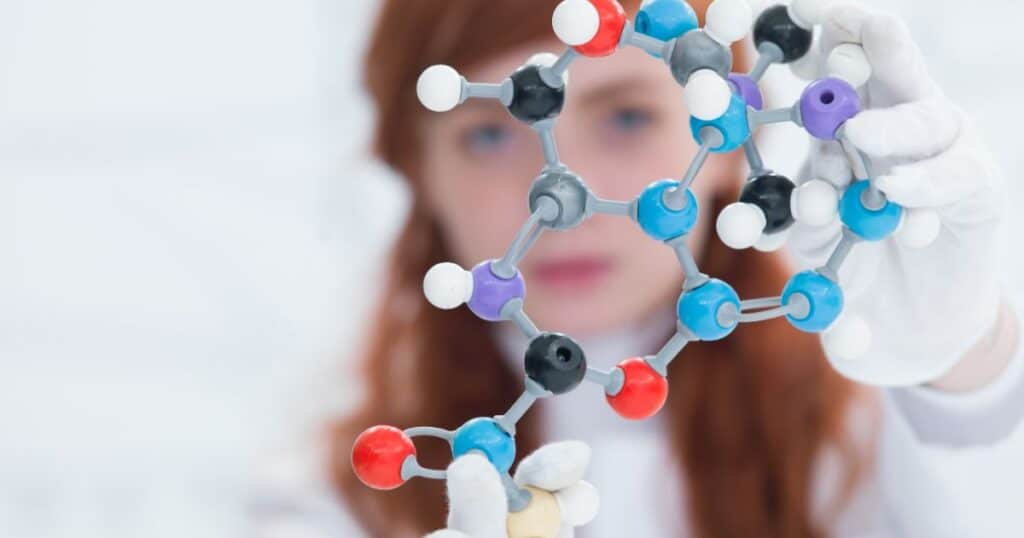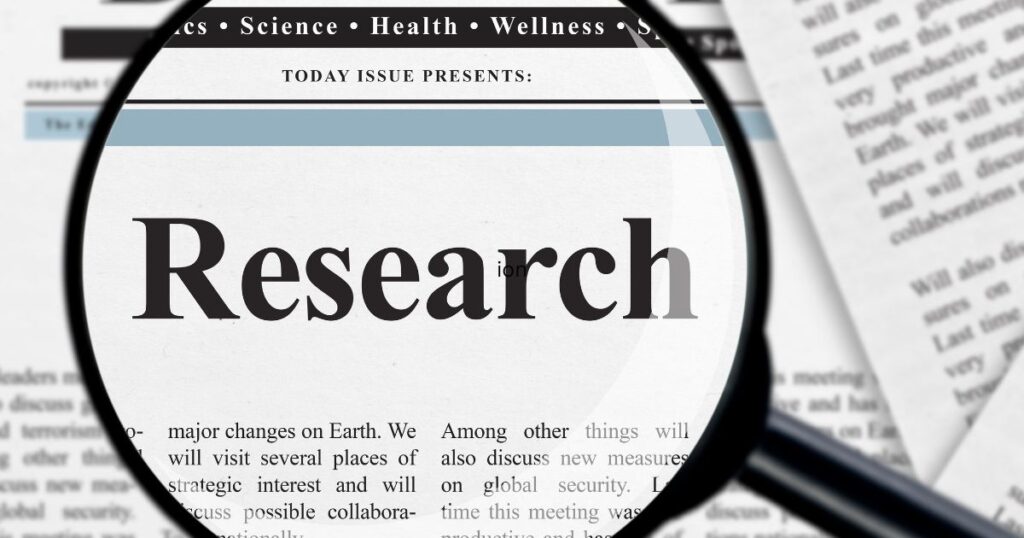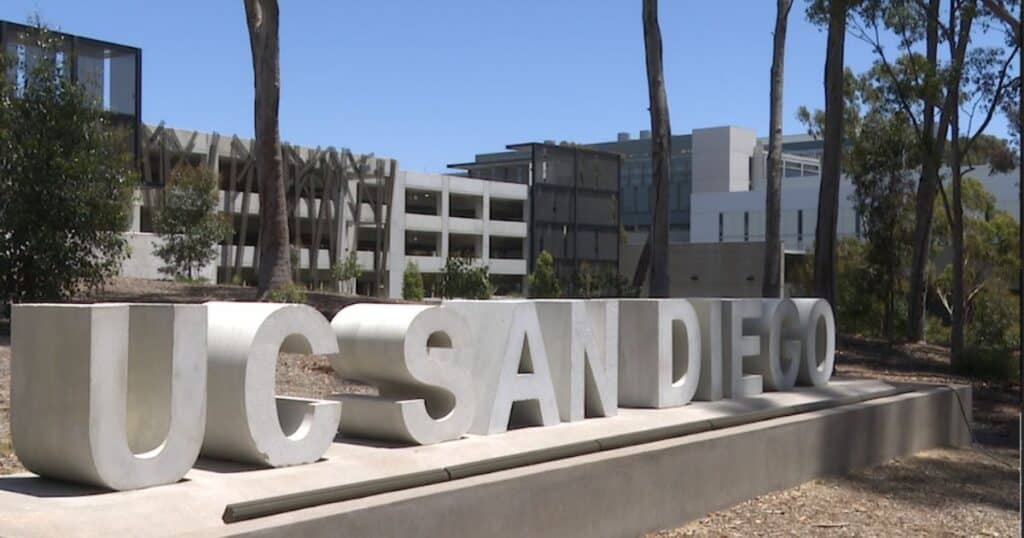UC San Diego recently received a $1.5 million donation from Eugene Jhong to fund research into N,N-dimethyltryptamine (DMT). This powerful psychedelic can cause “imaginative visuals akin to the dream state” and has been said to offer potential therapeutic benefits for conditions such as depression and addiction.
The donation marks an important milestone in the study of psychedelics and highlights the importance of public/private collaboration in advancing this type of research.
Jon Dean, Postdoctoral Scholar in the UCSD Department of Anesthesiology and director of the Division of DMT Research at the UCSD Psychedelic Health and Research Initiative, explains: “Our goals are to employ multi-modal approaches to study extended state consciousness elucidated by DMT to further appreciate the nature of reality as well as the role of endogenous DMT in the human body.

Reliable methods for measuring DMT directly in the human brain and bodily fluids do not exist, so the intriguing possibilities that endogenous DMT may play a role in consciousness, dreaming, and protecting the brain from trauma are still scientific speculation.”
The donation will be used to implement “continuous intravenous DMT infusion protocols to capture what is known as the “extended state” of visions long associated with DMT,” according to a statement released by UCSD. The study intends to map physical and neurological responses to DMT during longer windows of its peak effect.
Eugene Jhong, who donated the funds, shared his support of this innovative effort: “I am pleased to support this innovative effort to explore extended DMT and am confident it will shed new and important insight into the question of our true nature.”
The donation from Mr. Jhong is just one example of the public/private collaboration needed to continue advancing research in psychedelics science.
As research continues, we look forward to a better understanding of how DMT and other psychedelics could be used therapeutically for medical conditions related to the brain.
Background on DMT Research
N,N-dimethyltryptamine (DMT) is a naturally occurring substance found in many plants and animals. It has been used for centuries in various religious and spiritual practices, primarily by indigenous cultures in South America.
When ingested, it produces intense psychedelic effects that can last from 10 minutes to several hours, depending on the method of administration. During this time, users often report experiencing powerful visual hallucinations accompanied by profound physical sensations.
The endogenous nature of DMT – meaning its presence within the human body – has created much interest among researchers worldwide as they seek to better understand how it influences consciousness and our perception of reality.
To date, research goals mainly revolve around understanding whether or not DMT plays a role in consciousness, dreaming, and protecting the brain from trauma. Although there is still much to learn about DMT, many researchers believe that it could be useful in treating mental health conditions such as depression and PTSD and providing relief for chronic pain and other medical issues related to the brain.
Furthermore, some have even suggested that DMT may produce a wide range of therapeutic benefits by helping individuals access altered states of consciousness, leading to profound experiences of self-discovery and personal growth.

By gaining insight into how these powerful psychedelics interact with our brains and bodies, we can start to develop new approaches to treatment that could help address pain, trauma, and various medical conditions related to the brain.
However, in order to better understand the potential benefits of DMT, research must be conducted safely and responsibly.
By combining resources from both industry leaders and government agencies, researchers can gain access to the necessary equipment and funds needed to conduct groundbreaking studies on psychedelics such as DMT.
The Impact of the Donation
The $1.5 million donation from Eugene Jhong to UC San Diego will be used to fund the study of N, N-dimethyltryptamine (DMT) using continuous intravenous infusion protocols.
This method of administration allows researchers to capture extended states of visions long associated with DMT and map physical, neurological, and physiological responses during longer windows of its peak effects.
This type of research is essential in better understanding how psychedelics such as DMT interact with our brains and bodies. It could potentially lead us closer to unlocking the mysteries behind their therapeutic benefits.
Furthermore, it highlights the importance of public/private collaboration in advancing psychedelics research – an approach that is becoming increasingly popular as more and more private individuals, industry leaders, and government agencies pledge their support for psychedelic science.
The recent donation from Eugene Jhong to UC San Diego is a testament to the power of public/private collaboration in advancing this important field of research.
With continued investments like these, we look forward to gaining further insight into how DMT and other psychedelics can be used therapeutically to improve human health and well-being.
Enjoyed that first hit? Come chill with us every week at the Friday Sesh for a freshly packed bowl of the week’s best cannabis news!

















